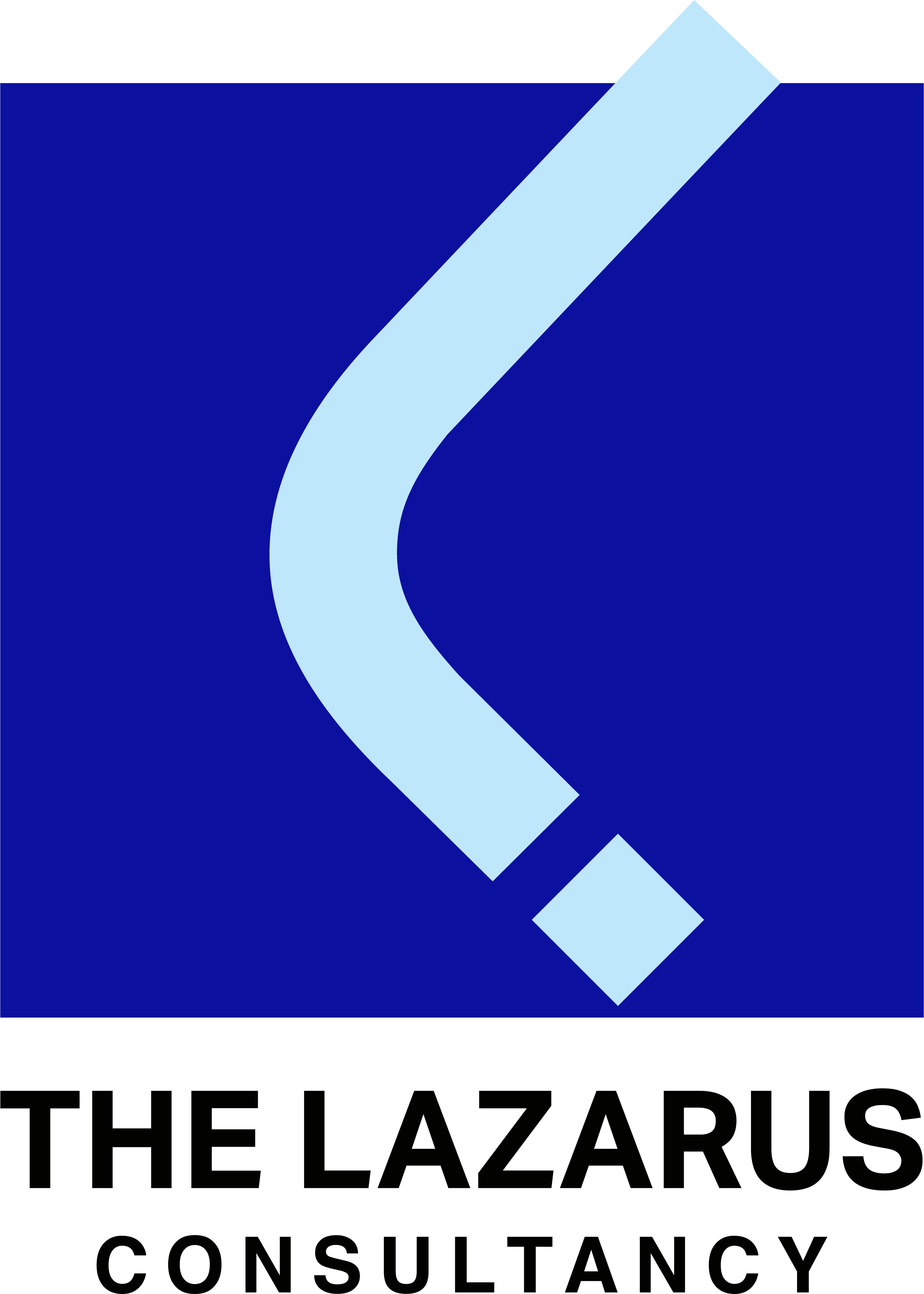How to use NLP when coaching
Learn how to use every NLP technique when coaching, so that you’ll be able to use NLP easily when coaching your clients.
Many NLP Practitioners seek to use NLP when coaching, without having a coaching model or framework to use. This video will explain an NLP coaching model that Jeremy has been using and teaching very effectively since around 2007. The model itself is based on a highly respected coaching model, and has been adapted by Jeremy for NLPers.
Transcript of the video
Modified slightly for readability (the way I speak is somewhat less formal than the way I write!)
Hi, I'm Jeremy Lazarus and I would like to talk to you about coaching and NLP, and more specifically: how you can use every single technique and tool from NLP when you are coaching.
Wouldn’t it be amazing to be able to use everything you have learned in NLP as part of a coaching session or a series of sessions? What I want to do is to give you a model which I first taught in about 2006 or 2007.
When I teach this on my courses, the penny drops for the audience, they really understand how the two disciplines (coaching & NLP) actually merge. Coaching and NLP are different disciplines, and there is some overlap.
This video will help you to be able to use anything you have learned, or will ever learn, in NLP when coaching.
Before we get into the nuts and bolts of this, I just want to talk very briefly about a coaching model which we are going to use as the foundation of the rest of this video. It is called the GROW model. You have probably heard of the GROW model and if by some chance you have not, a quick overview is G-R-O-W:
- G is for Goal: what is it that you want?
- R is for Reality: where are you now in relation to that goal?
- O, what are the Options to get from where you are to where you want to be?
- W is What are you going to do, When are you going to do it, do you have the Willpower, Who's going to help you?
That's the GROW model. At the bottom of this page there are some references if you would like to read more on it.
What I realised in about 2007 was that you can use NLP within the GROW model. So how do you do that? Well, if you think about it there are a whole series of tools in NLP. I want to differentiate between tools and techniques:
- Tools, in my opinion, are the communication aspects of NLP
- Techniques of NLP are the interventions that help change the way people think and respond
So you’ve got tools and techniques. There are numerous tools of NLP, for example:
- sensory acuity: your observational skills
- rapport
- representational systems
- predicates and the sensory-based language
- the various language patterns:
- Milton model
- Meta model
- linguistic presuppositions
- etc, etc
There are a whole series of tools within NLP which you can use in any and every conversation as a coach. I am not saying you would use all of them at the same time, but for example, during a coaching session, you are going to use sensory acuity, you are going to build rapport, you are going to be listening out for predicates and you’re going to be noticing representational system preferences. You might be listening out for Milton model patterns or using Milton modelpatterns etc, etc. So, those tools you can use throughout any coaching conversation as appropriate.
So, if you think about the GROW model itself, the G and the R, the Goal and the Reality, are covered by the Well-Formed Outcome process from NLP. It covers whatdoes the person want, and where are they now in relation to that? So the G and the R are covered by the Well-Formed Outcomes.
If we look at the O for Options, let's extend this slightly, sticking with the letter O, because in my experience, most clients have obstacles, either real or perceived obstacles, or they want to move onwards even faster, or both. That is where the techniques of NLP come in, because for example, if someone gets nervous before interviews or nervous before meetings, or nervous before sports events, you could use a resource anchor, or collapse anchors, or other processes to help them overcome the obstacle and/or move onwards even faster. The same could apply with just about every single technique: submodalities, perceptual positions, reframing, the numerous belief change techniques etc. So, the techniques or the interventions within NLP can fit normally in both sides of either Obstacles, or Onwards.
So there you are; in summary you've got the tools used throughout the conversations, and you can use the interventions as appropriate to help the client move onwards or overcome obstacles. Regarding the W, i.e. what they are going to do, when they are going to do it, this is going to link to the Meta model (gaining specificity).
So in a nutshell, this is how you use any and every NLP technique when you are coaching.
For more information about the GROW model, read ‘Coaching for Performance’ by John Whitmore, or ‘The Tao of Coaching’ by Max Landsberg, or’ Effective Coaching’ by Myles Downey.
Please subscribe if you would like to
- stay informed of our videos and blog posts as soon as we publish them
- be eligible for our special offers, available only to people on our mailing list






